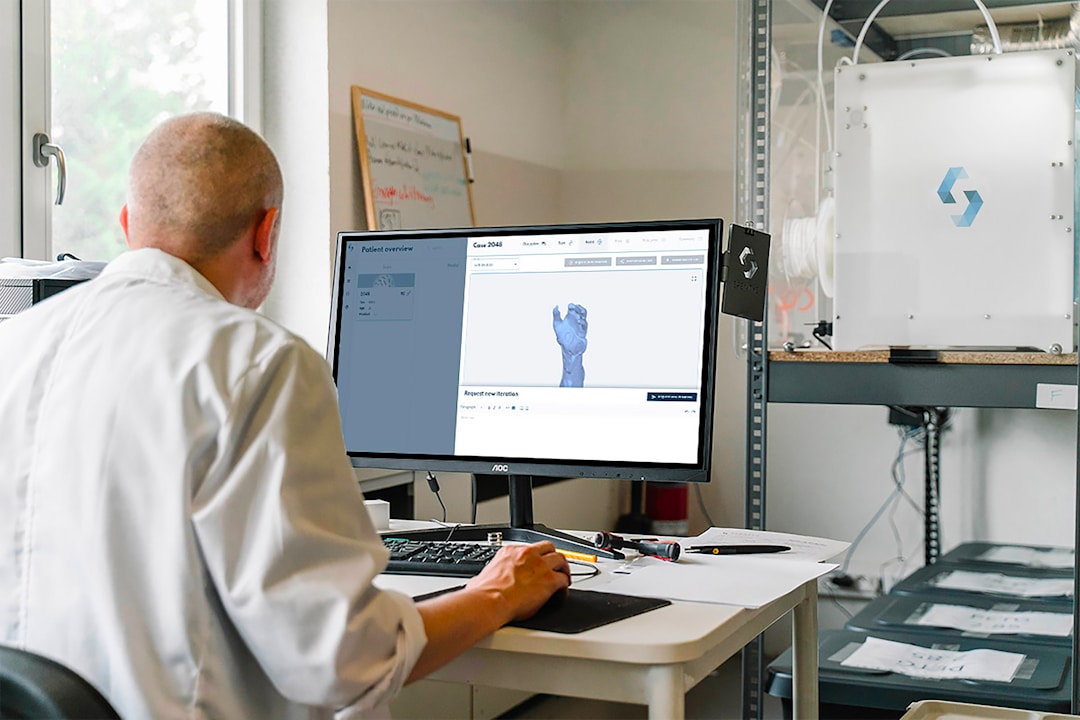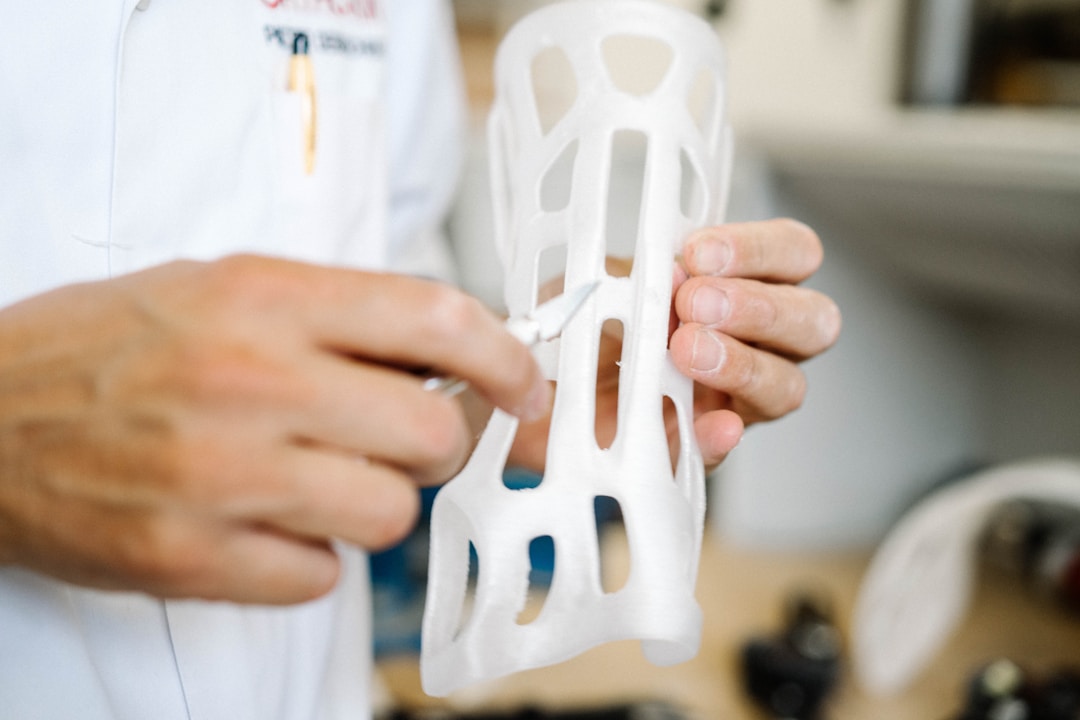Orthopaedic surgeons play a crucial role in treating musculoskeletal injuries and disorders, which range from acute injuries such as fractures and dislocations to chronic conditions like arthritis and osteoporosis. Their expertise is not only pivotal in clinical settings but also extends into the courtroom, where their knowledge can significantly impact legal cases related to personal injury, medical negligence, and workers’ compensation claims. This intersection of medicine and law introduces the need for medicolegal services, a specialized area that supports orthopaedic surgeons in navigating the legal aspects of their practice.
Medicolegal Services Explained
Medicolegal services for orthopaedic surgeons encompass a wide range of activities designed to bridge the gap between clinical practice and legal requirements. These services include preparing medical reports for legal cases, providing expert witness testimony, and advising on issues of consent and negligence. Orthopaedic surgeons, with their in-depth understanding of musculoskeletal injuries, are often called upon to assess the extent of injury, determine causation, and estimate the long-term impact on the patient’s life and work. This dual role requires not only medical expertise but also an understanding of legal standards and procedures.
The demand for medicolegal services in orthopaedics is driven by the increasing complexity of legal cases involving personal injuries and medical malpractice. Surgeons must be prepared to accurately document their findings and opinions in a manner that is comprehensible to legal professionals and courts. This necessitates a clear understanding of legal terminology and the ability to present information effectively in both written reports and oral testimony. These services ensure that the surgeon’s expertise is accurately represented and utilized in the legal decision-making process.
The Role of Expert Witness

One of the primary responsibilities under the umbrella of medicolegal services is serving as an expert witness. Orthopaedic surgeons with specialized knowledge and experience are often called upon to provide testimony in cases where musculoskeletal injuries are at the center of legal disputes. This involves a thorough review of medical records, imaging, and other relevant documents to form an expert opinion on the case at hand. The ability to explain complex medical issues in a clear and understandable manner is crucial for influencing the outcome of the case.
Being an expert witness also requires an understanding of legal proceedings and the expectations of the court. Orthopaedic surgeons must be able to withstand cross-examination and defend their opinions with evidence-based medicine. This role not only contributes to the administration of justice but also helps in establishing the surgeon’s reputation as a knowledgeable and credible professional in both the medical and legal communities.
Navigating Consent and Negligence Claims
Consent and negligence are two critical areas where medicolegal services intersect with orthopaedic practice. Informed consent is a fundamental principle in healthcare, requiring that patients are fully aware of the risks, benefits, and alternatives of any proposed treatment. Orthopaedic surgeons must ensure that consent is obtained in a manner that meets legal standards, which includes documenting the process thoroughly. Medicolegal services provide guidance on how to achieve this, minimizing the risk of consent-related legal challenges.
Negligence claims in orthopaedics often revolve around allegations of improper treatment, surgical errors, or failure to diagnose. Navigating these claims requires a comprehensive understanding of both medical standards of care and legal definitions of negligence. Medicolegal services assist surgeons in preparing a defense by reviewing medical records, establishing the standard of care, and demonstrating adherence to it. This not only involves defending the surgeon’s actions but also educating legal professionals on the complexities of orthopaedic care.
Continuous Education and Risk Management

Continuous education in medicolegal matters is vital for orthopaedic surgeons. The legal landscape is ever-evolving, with changes in regulations, standards of care, and patient rights frequently occurring. Participating in medicolegal education programs helps surgeons stay informed about these changes and understand how they impact clinical practice. Furthermore, these programs offer strategies for risk management, aiming to reduce the likelihood of legal disputes and improve patient outcomes.
Risk management extends beyond individual patient care to include practice-wide policies and procedures. Implementing best practices for documentation, consent, and patient communication can significantly reduce legal risks. Medicolegal services often include consultations on how to develop and maintain these practices, ensuring that they not only comply with legal requirements but also enhance the quality of care.
Conclusion: The Integral Role of Medicolegal Services
Medicolegal services for orthopaedic surgeons are an integral part of modern medical practice, bridging the gap between clinical care and legal compliance. They provide essential support in preparing for court cases, navigating consent and negligence claims, and managing risks associated with orthopaedic surgery. By integrating medicolegal knowledge into their practice, orthopaedic surgeons can ensure they deliver high-quality care while protecting themselves and their patients from legal pitfalls.





